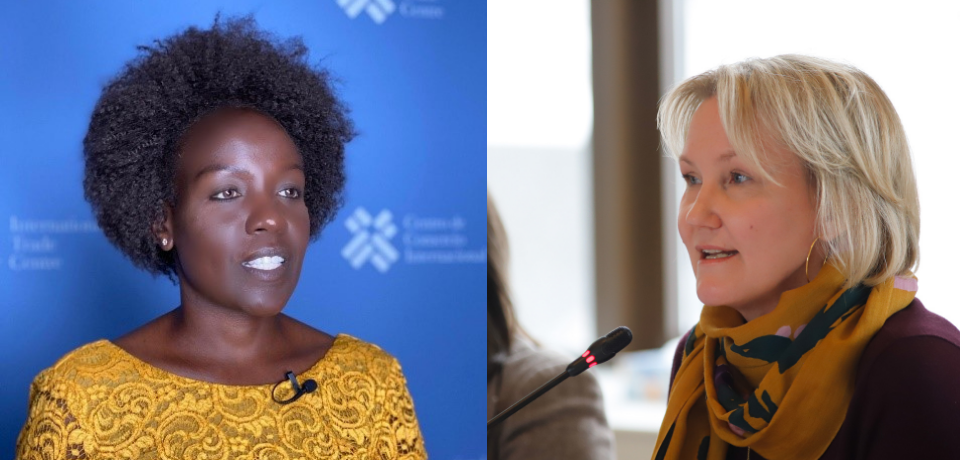Author: Niraja Gopal Jayal
BiographyNiraja Gopal Jayal
Niraja Gopal Jayal is Professor at the Centre for the Study of Law and Governance at the Jawaharlal Nehru University, New Delhi and presently also Centennial Professor in the Department of Gender Studies at the London School of Economics. Her most recent publication (edited) is Re-Forming India: The Nation Today. (Penguin Random House, 2019) Her book Citizenship and Its Discontents (Harvard University Press, 2013) won the A.K. Coomaraswamy Prize of the Association of Asian Studies in 2015. She is also the author of Representing India: Ethnic Diversity and the Governance of Public Institutions (Palgrave, 2006) and co-editor of The Oxford Companion to Politics in India. (2010)

Illustration by Brandon Serbec
Coronavirus has been blithely called a great leveller, but this has not been the case in India. In fact, the country’s mismanagement of the pandemic has laid bare the deception of universal equal citizenship more starkly than any other event in recent memory. The pandemic has been particularly harsh on two sections of marginalized citizens, against both of whom the law has been deployed antagonistically: disciplining and punishing one group, and disowning, even forsaking, the other.
First, the law was used punitively against citizens belonging to the Muslim minority. An international gathering of an Islamic sect was attacked as a conspiracy for ‘corona jihad’. While many other large gatherings (religious and secular) were ignored, this Islamic assembly became a pretext for blaming Indian Muslims at large for the spread of the virus. Muslim patients were turned away from hospitals and Muslim vegetable vendors were accused of spitting on produce with the intention to infect. Furthermore, the lockdown offered an opportunity to clamp down on dissent and arrest activists, mostly Muslim, who had participated in the protests against the Citizenship Amendment Act in preceding months. Such politically motivated stigmatization was achieved by abstracting the religious identity of Muslim citizens from their citizenship identity, and completely ignoring their rights as citizens.
While Muslims found themselves targeted by the law, approximately 30 million migrant workers were abandoned by it. (One study of migrants returning to the state of Madhya Pradesh estimates that 60 per cent of them belonged to Dalit and Adivasi communities – groups that suffer disproportionately from poverty.) The sudden announcement of the lockdown at four hours’ notice left workers without jobs or money to survive in the city and with no trains or buses to take them home. Millions of people – including children, pregnant women and the elderly – started walking home on the highways, covering hundreds of miles, often barefoot, in the blistering heat without food or water. Several hundred people died from exhaustion, in road accidents or by being run over by a train.
Thirty-two days into the lockdown, four out of five workers who reached out to the Stranded Workers Action Network did not have access to government rations. More than 97 per cent had not received any cash relief from the government. Only 6 per cent had received their full wages, 16 per cent had been partially paid, and the rest had not been paid at all. Initially, the government asked private employers to pay their workers the wages due to them. The employers got the Supreme Court to agree that they could not afford to pay because their enterprises had been locked down. Unlike many other governments around the world, the Indian government did not step into the breach and provide compensation. Livelihoods were devastated, and millions of households were rendered food insecure and vulnerable. Dalits and women were disproportionately affected.
When migrant workers leave their villages in search of work, they also leave behind their identities as citizens, and acquire the identity of mere workers in the city, invisible and faceless. Leaving home to find work means giving up the modest array of citizenship rights – to vote, to food security and to work – that are tied to their place of residence. The documents they would typically have – the Aadhaar (ID) card, a ration card and a voter ID – are also fixed to their home address. Even at home, and with these documents, they are often deprived of basic welfare entitlements like medical aid and food. (In past years, starvation deaths have occurred, because the Aadhaar card had not been ‘seeded’ – or linked – with the ration card.) When they migrate, they are denied even these meagre rights because these can be accessed only in the place where their existence is certified on paper. During the lockdown, food insecurity prevailed despite a Delhi High Court directive to provide food to the poor and needy regardless of registration under the Public Distribution System.
To migrate, then, is to become a worker, giving up one’s rights as a citizen. As for workers’ rights, there is mostly no formal contract, little protection under labour laws, no guarantee of a minimum wage and no social security of any kind. Appallingly, even as the reverse migration was ongoing, key labour laws were being suspended in the state of Uttar Pradesh, to extend working hours and to reduce the modest protections that workers notionally enjoy under existing labour laws.
Informality in the workplace implies precarity; this is well known. What is perhaps not adequately recognized is that informality depletes the legality not only of the worker, but also of the person. It amounts to an attenuation of moral and juridical personhood. Migrant workers are abandoned by the law instead of being protected by it. Beyond being denied wages and failing to have their most basic needs met, migrant workers were subjected to police brutality while trying to obtain food or use the toilet. When they started walking home, lawsuits were filed against them for violating the lockdown rules, and it was only on day 77 of the lockdown that the Supreme Court directed a reconsideration of these rules. While migrant workers were denied access to public transport, airplanes were sent overseas to fetch another section of citizens called ‘stranded Indians.’ Poor Indians stranded within India were, however, ignored. When they finally got home, some were hosed down with chemical bleach.
At the onset of the pandemic, the government brought into force the National Disaster Management Act, 2005. While constitutional rights are not technically suspended, the attribution of extraordinary powers to the executive makes it even less likely that the protective provisions of the law and the constitution will be available to the poor and vulnerable.
Substantive citizenship has long eluded the marginalized sections of Indian society – Dalits, Adivasis, and Muslims, all of which are disproportionately represented among the poor. Despite constitutional guarantees of equal citizenship and special provisions for disadvantaged communities, India’s pandemic response has failed its most vulnerable populations. Rather than protect all of its citizens, the law has targeted or abandoned those groups already disadvantaged by their identities of caste, tribe, religion and gender.
Far from being a great leveller, the coronavirus has magnified inequalities in India and revealed the deception of its claim of universal equal citizenship.




